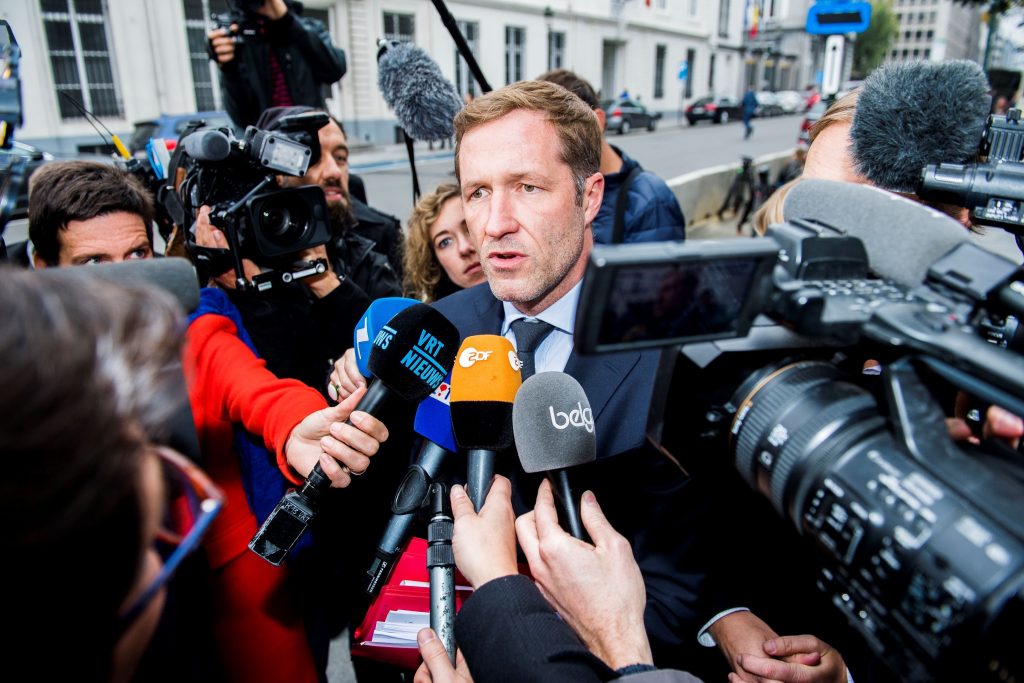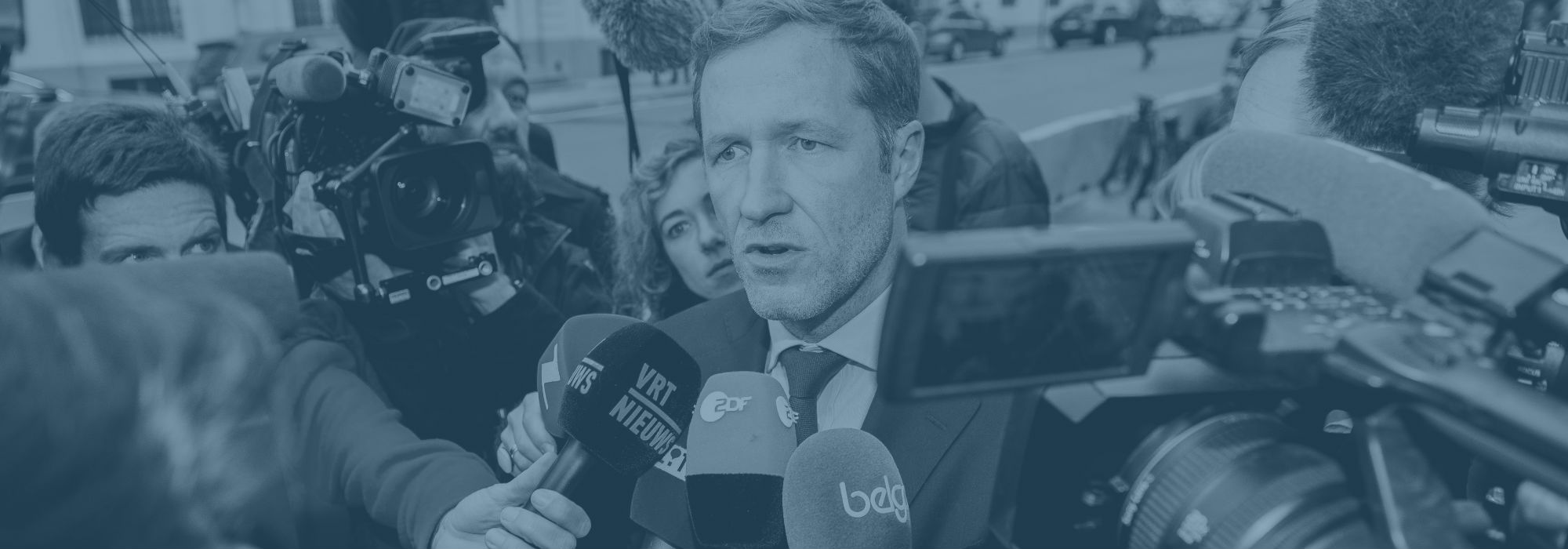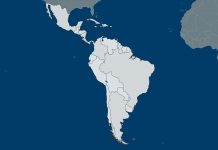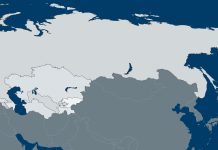By George Friedman
The Canadian-EU free trade negotiation has fallen apart. It was destroyed by the Walloon government, which opposed the deal. Since any free trade agreement (and most other things) must be approved by all members of the European Union, the Walloon parliament’s decision to oppose the treaty killed it. The Canadian trade minister was stunned and even distraught at years of negotiations being blocked by the Walloons, but they had their reasons to block it, which must be considered.

Minister-President of Belgium’s French-speaking Walloon Region Paul Magnette answers journalists as he arrives for an emergency meeting of all Belgium federal entities on the EU-Canada Comprehensive Economic and Trade Agreement (CETA) in Brussels on Oct. 24. LAURIE DIEFFEMBACQ/AFP/Getty Images
Before going on to that, I must explain that the Walloons do not have their own country. Wallonia is a region of Belgium. Belgium was once a part of the United Kingdom of the Netherlands, invented after the Napoleonic Wars of the 19th century. It was created at the insistence of Britain, for whom the port of Antwerp and other lesser ports were a dagger pointed at the heart of the United Kingdom. A Continental fleet based there would have a short trip to southeastern Britain and invasion, as well as opportunities to close the English Channel.
Britain feared French control. One solution was the creation of a separate state, but where its borders were drawn would determine French influence over it and the ports it controlled. A predominantly French nation could reunite with France. An excessively powerful country could become a threat in itself. When Belgium rebelled for its independence in 1830, Britain pushed for a solution that made sure that the population was divided between Dutch speakers, called the Flemish, and French speakers, called Walloons.
The two groups, one from Latin Europe and one from Germanic Europe, disliked each other from the beginning – going back centuries. The Belgian constitution was modeled on the French and Dutch constitutions with the added dimension that the Flemish and the Walloons both had their own regional parliaments. This is not unlike in many countries, with one difference. Either of the parliaments could block a range of measures, including, it seems, trade agreements. And the two parliaments represented two groups of people who really disliked each other. It was not impossible for both parliaments to have the same view on something really important, but it had to be of overriding importance to both groups.
The Walloons have been suffering economically, as has the rest of Latin Europe. The Flemish have been relatively prosperous, in line with Germanic Europe. The Flemish liked the treaty with Canada because it would open a promising market for its goods, and once in Canada, made access to the American market without tariffs a definite possibility. So this really mattered to the Flemish.
The Walloons see themselves as the victims of free trade agreements. Not only would goods go to Canada, goods would also come out of Canada (including possibly American goods). The Walloons figured the Flemish would keep their jobs, while the Walloons would lose theirs and be buying North American goods. The Flemish saw no overriding problem in this, nor did the rest of Europe, which voted unanimously in favor of the agreement. The Walloons voted against the treaty, which meant that Belgium opposed the treaty. Since any one country in Europe can block any treaty, and since the Belgian Fidelista and his party wouldn’t budge, the treaty was dead.
So follow this if you will. In 1830, under heavy British pressure, a nation was inserted between the Netherlands and France. It consisted of people who detested each other, and the constitution institutionalized this in requiring the two regional parliaments to agree. This created a nation in gridlock. The nation was admitted to the European Union without anyone thinking about the fact that Belgium was not really a nation-state and was constantly gridlocked, especially when the economic statuses of its component parts diverged. The Europeans couldn’t get people to agree to any European plan that would subject any state or country to the will of the rest, so they made a rule requiring unanimous agreement on anything important. And that gave the non-country of the Walloon people the deciding voice on a treaty with Canada.
The geopolitics of the Napoleonic Wars rose from its grave to govern Europe. And the Europeans laugh at American elections. The U.S. election will end on Nov. 8. There is no terminal date for European humor.








 Special Collection – The Middle East
Special Collection – The Middle East